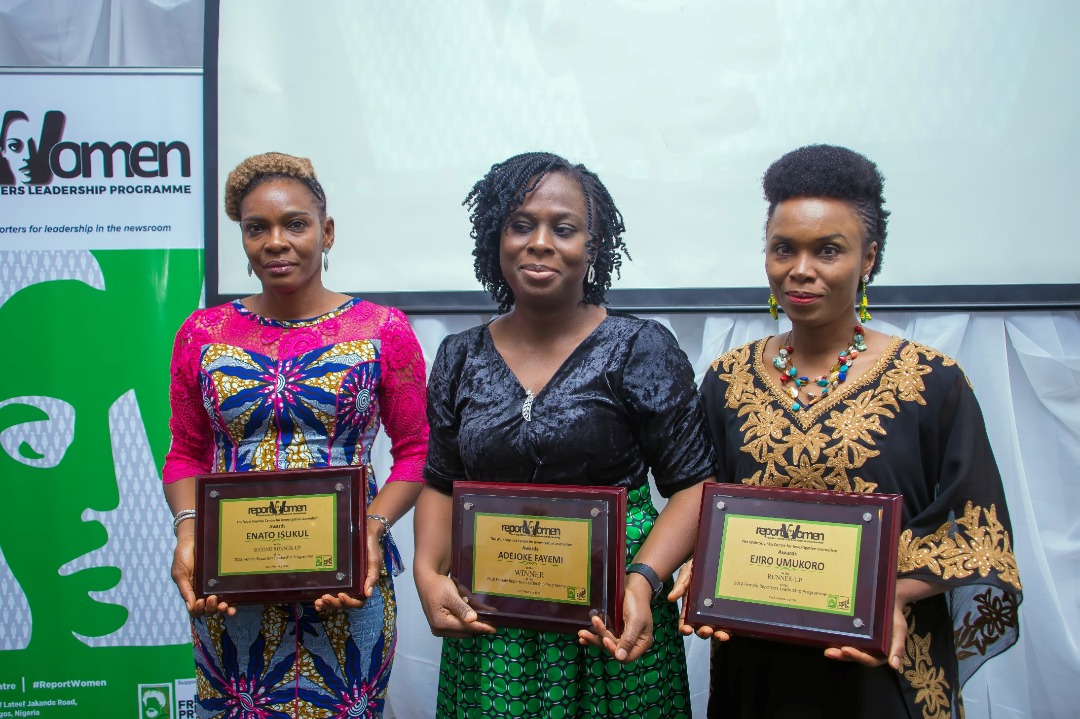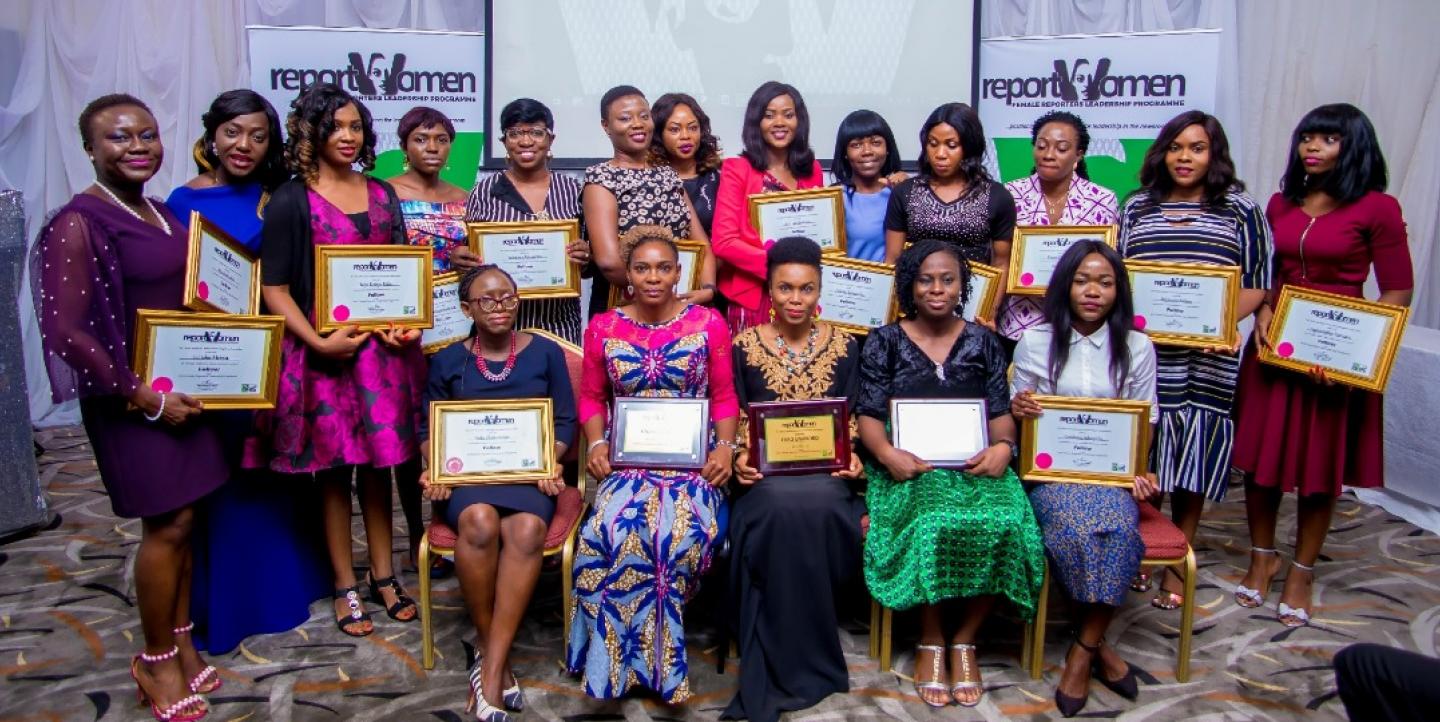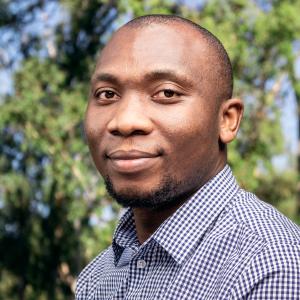An investigative journalism nonprofit organization in Nigeria that seeks to expose corruption and human rights abuses has spearheaded an effort to address the prominent gender imbalance in the country’s newsrooms.
Through its Report Women Female Reporters’ Leadership Programme (FRLP), the Wole Soyinka Centre for Investigative Journalism (WSCIJ), with support from the Dutch Nongovernmental organization, Free Press Unlimited, is training women journalists in Nigeria, equipping them with the tools necessary to assume leadership positions at their respective news outlets.
Since it was founded in 2017, the FRLP has trained more than 80 women reporters.
“In 2016, we designed FRLP with a pilot fellowship in 2017 to address the poor ratio of women to men in leadership in the media,” WSCIJ Coordinator Motunrayo Alaka told IJNet in an interview.
“In a nutshell, the FRLP is aimed at supporting female reporters with the skills, finesse, support and tools to take bold steps that help position them for leadership roles in their media houses. The program is making them intentional about being leaders and carrying out great reports across sectors that mainstream gender issues.”
The “demand of the job, stereotypes, lack of competence and gender” are some of the forces that keep women from newsroom leadership, Alaka noted.
“We also find out that, although leaders of the media are hardly conspiring against female leadership, they are also not intentional about the need for inclusion. Female reporters are different from their male counterparts. Workspaces and conditions have to be conducive for females, as they are for males,” she explained.
A 2017 survey of 85 media outlets in Nigeria showed that the ratio of male to female editorial board members in newsrooms was nine to one, Alaka said.
“The survey does show that the gap is less obvious while both the female and male reporters are in mid-career level, but the symmetry changes at the management level as the females literally disappear,” Alaka explained.
“As an organization focused on the popularization of the culture of investigative reporting, we find the same thing with most of our winners being male. We also observe a skew in the way the media tells the stories that make news in terms of gender diversification of the voices of experts and the portrayal of female persons as mostly victims rather than heroes and survivors,” she continued. “We also believe that since the media itself is a moral entity seeking to tell society how it must behave, it is important that the media also ensures that its leadership and content reflects the diversity it demands of others in the society.”

During the program, fellows acquire hard and soft skills, including confidence building, work-life balance, leadership, public speaking, management, reporting, safety, reporting, legal rights around gender and more. Fellows also received funding that they used to carry out leadership and story projects that will help them excel in the newsroom and in their reporting.
“It has equipped me in so many ways to be more assertive, to be bold and to be able to take up leadership roles in my newsroom - and not just in my newsroom, but outside of it,” said Azeezat Olaoluwa, one of the fellows. “It has given me the opportunity to be more important in the newsroom. You can’t just push me aside. I am taking up leadership positions and I am currently the senior news anchor in my newsroom. It gave me the opportunity to be able to impart knowledge in the lives of my female colleagues.”
Olaoluwa also noted the particular challenges female reporters face in the newsroom, including giving birth and taking maternity leave, which often sets them back.
“I find this program validating and more empowering as one of the few business editors in Nigerian media,” said Ruth Olorunbi, another fellow.
“With a program like this, we are seeing the stereotypes against women shattering and women’s confidence in their abilities rising,” she continued. “We are seeing the older generation of women in business hand-holding new crop[s] of journalists in business, and we are seeing more women in boardrooms. That is the essence of this program.”
Fourteen fellows completed the program during its inaugural run in 2017. In 2018, the program trained 20 participants from 17 media outlets, selected from a pool of 199 applicants across nine countries, including Nigeria.
All images courtesy of the Wole Soyinka Centre for Investigative Journalism (WSCIJ).


